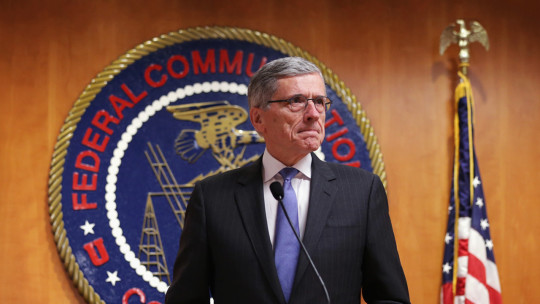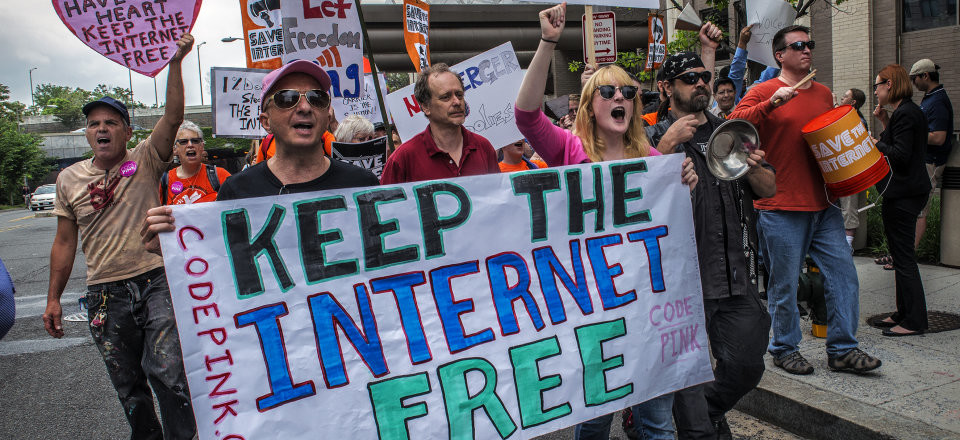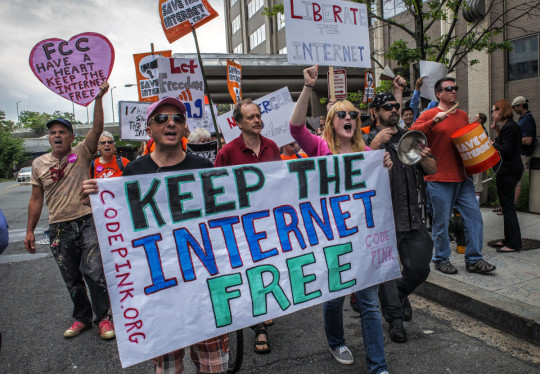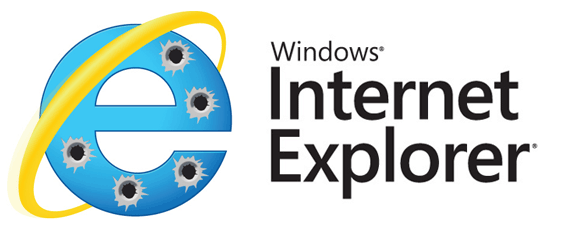The internet has recently been classified as a utility by the FCC. Read our article here to find out what this means for you and your business.
As of February 26, 2015, the Federal Communications Commission ruled to classify broadband internet as a utility. This is a landmark achievement for individuals and groups supporting net neutrality or the movement to ensure the internet remains free and open to the public.
According to FCC Chairman, Tom Wheeler, the decision was needed to protect innovators and consumers preserving the internet’s role as the “core of free expression and democratic principles”. The two other commissioners Jessica Rosenworcel and Mignon Cyburn who voted in favor of the decision are also supporters of net neutrality. Cyburn cited the important role broadband internet plays for low-income families as their only opportunity to get access to the internet. Other notable supporters of the net neutrality include Google, Facebook, Twitter, Reddit, Netflix, and President Barack Obama.
But not all the parties are happy with the ruling. Internet service providers (ISPs) such as Verizon are expected to sue the FCC and make a court appeal on its recent policy decision. Verizon claims that instead of making the internet free, it’s actually putting the network under stricter government control. Instead of price reductions to internet services, it will likely help promote the emergence of higher or new taxes since the new ruling can discourage the entry of new ISPs that would ensure strong competition.
What does this mean to personal or home broadband users?

FCC Chairman Tom Wheeler. Credit FastCompan.com
How will this new FCC ruling affect ordinary broadband users in the United States?
- Better and wider access. Once a product or service is classified as a utility, the government is recognizing that it has become an essential part of daily living similar to water and electricity. This means having broadband internet is already a right for the public including those living in remote areas.
- No more blocked content. Some web pages and content, even if they are lawful, are blocked due to geo-targeting or marketing only to certain locations. The new ruling prohibits unlawful blocking of content.
- Eliminating the data capping problem. Perhaps, the most significant effect of the FCC ruling is the elimination of data capping concerns. If you are using broadband or wireless internet, you certainly have experienced slower and even hampered internet connection even if your internet provider has promised an unlimited plan or higher speeds. Have you also noticed that wired internet is faster than broadband internet? It’s not really about signal or connection but the speed throttling practices of ISPs.
How about websites and corporate users?
This is certainly good news for website owners and corporate users of broadband internet or the internet in general. The new ruling will eliminate the existing paid prioritization or pay-to-play fast scheme of ISPs. For websites and companies who need massive bandwidth and speeds like Netflix, they often need to pay more to ISPs just to ensure their viewers can experience uninterrupted media streaming.
Additionally, the FCC classification will improve internet media competition. New ventures won’t be discouraged to spend more just to gain faster speeds. This will eventually result in expanded internet use and provide further media options to the public.
It’s important to note that the FCC doesn’t plan to meddle with each ISP’s pricing scheme and engineering decisions.
For more information on how the FCC’s ruling can impact your business and operations, contact your local IT professionals.






